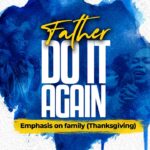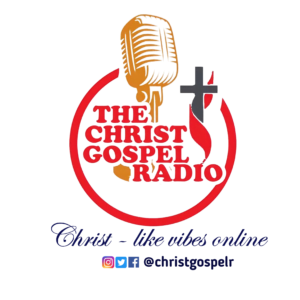In David’s dark song of depression, recorded as Psalm 142, the king confesses his deepest feelings of isolation and despair.
When my spirit was overwhelmed within me,
You knew my path.
In the way where I walk
They have hidden a trap for me. (142:3)
David feels enveloped or wrapped up in his depression, so much so his spirit feels faint and feeble. In the middle of confessing his darkest feelings of hopelessness, he acknowledges that God knows everything, even the thoughts and emotions he has not shared with any other person. David then adds that things on the outside of the cave are as depressing as on the inside. Traps were laid by Saul and his men. Spies were everywhere. He was a marked man.
Verse 4 rounds out the bleak picture.
Look to the right and see;
For there is no one who regards me;
There is no escape for me;
No one cares for my soul.
He invited the Lord to look to his right—the place for a protector and defender to stand—but no one was there. He was alone, humanly speaking. He could not escape. He felt that there was no one who understood him or cared for his soul.
Perhaps you feel down today, thinking that all hope is gone, that God has abandoned you, that the end has come. Yes, you may feel those things, but that doesn’t mean your feelings are true. The Lord of heaven knows the pressure of your feelings. He understands the depths of your distress. Best of all, He is there. He cares. He understands.
David’s prayer reflects a man who refuses to allow his feelings to cut off his access to the Lord and the help He promises.
I cried out to You, O LORD;
I said, “You are my refuge,
My portion in the land of the living.
Give heed to my cry,
For I am brought very low;
Deliver me from my persecutors,
For they are too strong for me.” (142:5–6)
From Living the Psalms by Charles R. Swindoll, copyright © 2012. Reprinted by permission of Worthy Inspired, an imprint of Hachette Book Group, Inc.
Used with permission. All rights reserved.
Listen to today’s broadcast of Insight for Living with Chuck Swindoll at OnePlace.com.
Visit the Bible-teaching ministry of Chuck Swindoll at www.insight.org.










